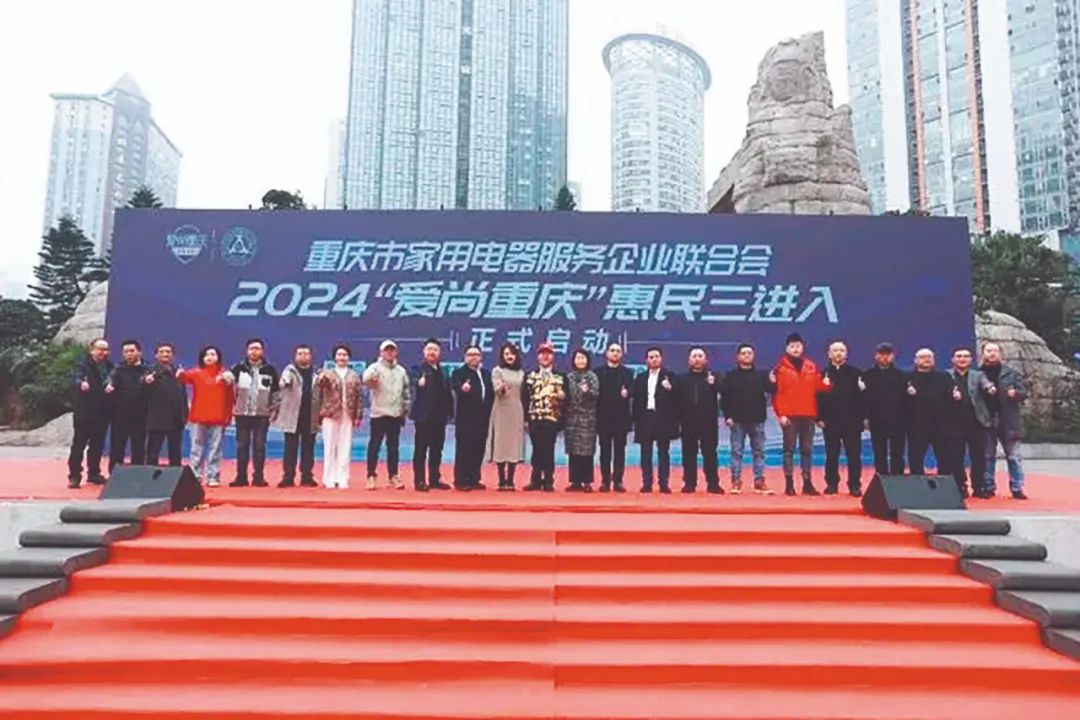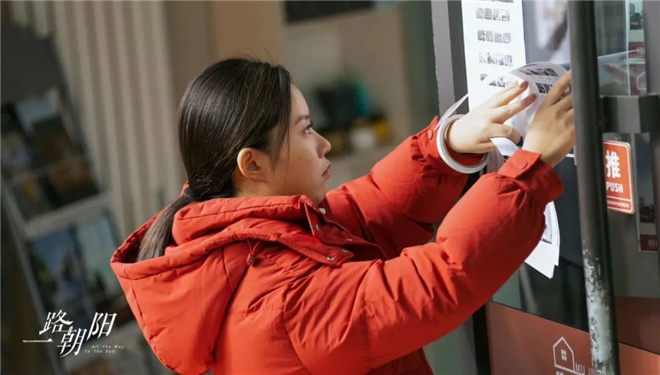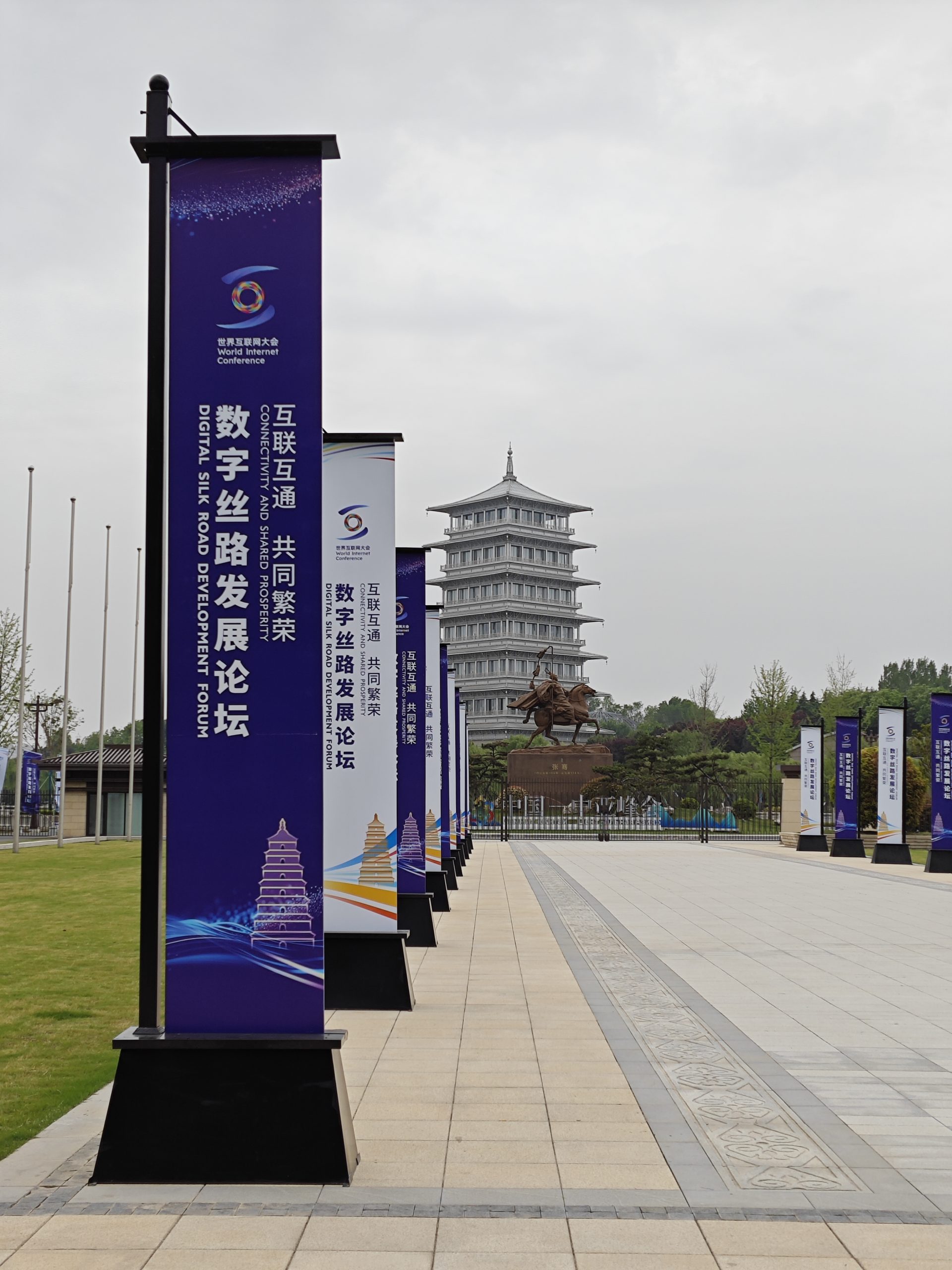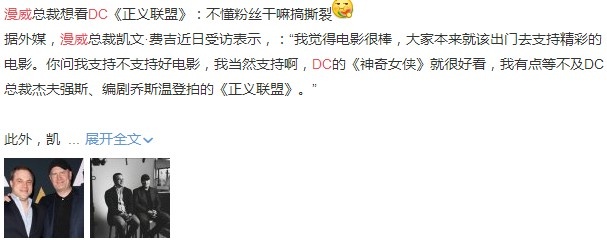General Administration of Sport on Issuing the "State General Administration of Sport"
Notice of the Measures for the Administration of Contracts
No.3 [2019] of Body Rules
All departments, divisions, bureaus, directly affiliated units, Chinese Football Association, Chinese Basketball Association, and various reform pilot project associations:
In order to strengthen and standardize the contract management of the General Administration of Sport and its directly affiliated units and relevant national sports associations, guard against legal risks, and comprehensively improve the level of governing the sports system according to law, with the consent of the director’s office meeting, the Measures for the Contract Management of the State General Administration of Sport (hereinafter referred to as the Measures) are hereby issued and implemented.
First, seriously organize the study.All departments and units should seriously organize the staff of the undertaking department, financial department, legal department and comprehensive department related to the conclusion and performance of the contract to study the contents of the Measures and straighten out the relevant work responsibilities and procedures.
Second, revise and improve the system.All departments and units should clean up and revise the contract management regulations of their departments and units in accordance with the provisions of the Measures. If they are inconsistent or conflict with the provisions of the Measures, they should be revised and improved in time.
Third, find the problem loopholes.All departments and units shall, in accordance with the requirements of the Measures, systematically sort out the contracts being performed by their own departments and units, find problems, predict risks and take precautions.
Fourth, develop a model text.All departments and units shall, according to the actual work, formulate relevant contract demonstration texts in a timely manner, strictly manage them, and continuously improve work efficiency.
All departments and units are requested to attach great importance to it, clarify their responsibilities, strictly regulate the contract management of their own departments and units, and continuously improve the level of governing the body according to law by the General Administration of Sports. The General Administration of Sport will organize inspection in due course. Please give timely feedback to the relevant functional departments of the General Administration of Sport for the problems found in the implementation of the Measures.
I hereby inform you.
General administration of sports
October 11, 2019
Measures of the State Sports General Administration for Contract Management
Chapter I General Principles
the first In order to standardize the contract management of the State Sports General Administration (hereinafter referred to as the General Administration), the units directly under the General Administration and the national sports association (hereinafter referred to as the association) with the General Administration as the competent business unit, prevent legal risks, ensure the full and effective performance of the contract, and safeguard the legitimate rights and interests of the state and relevant units, these measures are formulated in accordance with the People’s Republic of China (PRC) Contract Law, the Sports Law of the People’s Republic of China and other relevant laws and regulations, combined with the actual work.
the second The term "contract" as mentioned in these Measures refers to the contract concluded by the General Administration, directly affiliated units and associations as one party, including but not limited to contracts, agreements (books), letters of intent for contracts, memorandums, confirmations, letters of commitment or other documents of a contractual nature.
Article These Measures shall apply to the conclusion and performance of contracts other than labor and personnel relations by the General Administration, directly affiliated units and associations. All units shall manage the conclusion, review, signing, performance, alteration, dissolution, filing, filing and other contract-related matters in accordance with these Measures.
Article 4 The General Administration, directly affiliated units and associations shall abide by the following principles when concluding and performing contracts:
(a) the principle of legality, the contract shall comply with national laws and regulations, the spirit of the the State Council Document of the CPC Central Committee and other relevant policies and regulations;
(two) the principle of accuracy, the content of the contract should be specific, the relevant rights and obligations should be clear, to avoid ambiguity;
(three) the principle of prudence, the conclusion and performance of the contract should be comprehensive, rigorous and meticulous;
(four) the principle of good faith, the conclusion and performance of the contract should be honest and trustworthy.
Article 5 The General Administration, directly affiliated units and associations shall conclude contracts within their respective functions and powers.
The General Administration, directly affiliated units and associations shall conclude contracts with foreign parties in the name of their own units and independently bear corresponding responsibilities. Internal institutions shall not conclude contracts in the name of their own departments. If it is really necessary to conclude contracts in the name of internal institutions under special circumstances, they shall obtain written authorization from their own units, and the authorization shall specify the authorized object, authorization period, authorized items and scope; If a contract is concluded in the name of an internal organization, the corresponding civil liability shall still be borne by the unit.
Chapter II Management of Contracts
Article 6 The department responsible for proposing contract requirements is the contract undertaking department, which is the main department responsible for contract management, handling contract conclusion and performance and other related matters.
The financial department, legal department, comprehensive department and other departments related to the contract shall manage the contract according to their respective responsibilities.
Article 7 The undertaking department shall perform the following management duties:
(a) to be responsible for the business review of the contract and issue analysis opinions on the contract items;
(2) Organizing the negotiation of contract projects;
(3) Drafting the contract text;
(four) to handle the contract review and countersignature;
(5) Organizing the performance of the contract;
(six) to be responsible for the filing, filing and keeping of the contracts and related documents of this department;
(seven) the designated contractor is responsible for the whole process of contract conclusion, performance, alteration, dissolution and dispute settlement;
(eight) to handle other matters related to the conclusion and performance of the contract.
Article 8 The project analysis opinions issued by the undertaking department shall include business background analysis, performance ability analysis, economic feasibility analysis and other risk factors analysis of the project.
The analysis of the performance ability of the other party to the contract includes checking the subject qualification, assets, credit, guarantee and intellectual property rights of the other party to the contract, and asking for relevant certification materials. Involving major risks, it shall entrust a professional third-party institution or expert to conduct credit investigation and evaluation.
Article 9 The financial department shall perform the following management duties:
(a) to issue financial audit opinions on the contract, including whether the contract funds are included in the budget plan, and whether the allocation and use of funds comply with the relevant provisions of the state and the financial management of the unit;
(2) Handling financial revenue and expenditure matters as agreed in the contract;
(three) to assist the undertaking department to supervise the implementation of the contract financial revenue and expenditure;
(four) to handle other financial matters related to the conclusion and performance of the contract.
Article 10 The legal department shall perform the following management duties:
(a) to issue a legality audit opinion on the contract, including whether the terms of the contract violate the national laws and regulations and the principles of contract conclusion, whether the contents of the contract are complete, accurate and reasonable, whether the contract is signed beyond the authority or business scope of the unit, and whether there are other legal risks;
(two) for contracts involving major events, important projects or large sums of money (the standard of large sums of money is determined by each unit according to the actual situation, and the standard of large sums of money of the General Administration is the limit of public bidding for government procurement), the legal advisory body of the unit shall be invited to issue audit opinions;
(three) to participate in and coordinate the handling of contract disputes in this unit, and to handle relevant arbitration and litigation affairs by itself or in conjunction with legal advisory institutions.
Article 11 The comprehensive department shall perform the following management duties:
(a) responsible for the review of the contract review and countersigning procedures, proofreading and confirming the contract text, and sealing it after verification;
(two) responsible for the management and registration of contract seals;
(three) responsible for the unified numbering, filing and filing of the contract, and the original contract shall be kept in time after being signed and sealed by all parties to the contract.
Chapter III Contents of the Contract
Article 12 The General Administration, directly affiliated units and associations may formulate contract templates for their regular projects, and revise and improve them regularly (in principle, not less than once every two years) in combination with the actual problems encountered in use.
Article 13 The contract shall clearly stipulate the terms of the contract according to the specific conditions of the project, which generally includes the following contents:
(a) the name or name and domicile of the parties;
(two) the subject matter of the contract and the subject matter (product name, model, quantity, quality, unit price, etc., the name, scope, content and submitted results of the project or service, etc.);
(three) the rights and obligations of the parties;
(four) the completion period, schedule or work plan;
(five) quality requirements (service standards), inspection and acceptance methods;
(six) the contract price, payment method and time;
(seven) the time limit, place and method of performance;
(8) Modification and rescission of the contract;
(9) Ownership and protection of intellectual property rights;
(ten) information security management and confidentiality obligations;
(eleven) the liability for breach of contract and dispute resolution.
The conclusion of a contract shall not exceed the authority or business scope of the unit, and shall not monopolize the market or restrict fair competition.
Article 14 The subject matter of the contract should be clear, specific and enforceable, and avoid using general and vague language.
Article 15 The rights and obligations of the parties concerned shall be clear, specific and equal, safeguard the legitimate rights and interests of the General Administration, directly affiliated units and associations, and ensure the realization of the purpose of the contract.
Article 16 The contract shall specify the project quality requirements (service standards), acceptance standards and methods. If the product purchase contract cannot be accepted at the time of delivery, the product acceptance can be divided into surface acceptance and quality acceptance; For service procurement contracts and technical contracts, the acceptance of work results can be divided into stage acceptance and overall acceptance.
For contracts accepted by stages, in principle, the contract price shall be paid by installment. Under special circumstances, other payment methods can be adopted with the approval of the financial department.
Article 17 The undertaking department shall strictly perform its duties and require the other party to the contract to strictly implement the relevant laws and regulations on intellectual property protection such as the Trademark Law of People’s Republic of China (PRC), the Patent Law of People’s Republic of China (PRC), the Copyright Law of People’s Republic of China (PRC) and the Regulations on the Protection of Computer Software.
A contract involving intellectual property rights such as scientific research, software development, web design, etc. shall clearly require the other party in the contract to ensure that the products and services provided do not infringe the intellectual property rights of a third party.
The undertaking department shall clearly stipulate the ownership of intellectual property rights involved in the contract. For the agreement that the unit has the ownership of intellectual property rights, the undertaking department shall handle the ownership registration in time.
If there are special provisions on the ownership, management and use of sports intellectual property rights, such as the Regulations on the Protection of Olympic Symbols and the Regulations on the Management of Special Symbols, those provisions shall prevail.
Article 18 For confidential projects, strengthen management in accordance with confidentiality provisions, and specify the confidentiality obligations of both parties in the contract. In the event of a major information security incident, the undertaking department shall timely report and properly dispose of it in accordance with relevant regulations.
Article 19 The undertaking department may, according to the specific circumstances of the contract, require the other party to provide a guarantee. Guarantee methods include guarantee, mortgage, pledge and lien.
Article 20 The validity period of the contract should be clear. In principle, the validity period of a contract should not exceed five years, and a contract with an obviously unreasonable term may not be concluded. If it is really necessary to sign a contract for more than five years, it should be fully demonstrated and decided by the decision-making body of the unit after being audited by the legal advisory body.
Article 21 The contract shall clearly stipulate the liability for breach of contract when the other party loses the ability to perform, or violates the relevant laws and regulations of the state and the relevant provisions of the contract. The liability for breach of contract should be equal to the obligations of the other party to the contract and the losses caused by the other party’s breach of contract and can be implemented.
Article 22 The method of dispute settlement shall be clearly stipulated in the contract. In principle, the place of arbitration or litigation should be agreed upon by the general administration, directly affiliated units, arbitration institutions or courts at the domicile of the association.
Chapter iv conclusion, performance,Change and rescission
Article 23 The conclusion of a contract generally includes the following processes:
(1) The undertaking department drafts the draft contract, project analysis opinions, explanations on the necessity of concluding the contract and other materials, and conducts business audit;
(two) the contents of the contract involve other internal organs of the State Administration of Taxation or relevant directly affiliated units and associations, which need to be signed by them;
(three) the financial department to conduct financial audit, the legal department (or jointly with the legal advisory body) to conduct legal audit;
(four) the undertaking department shall, after modifying the contract according to the audit opinions, report the contract text and related explanatory materials and audit opinions to the person in charge of the unit for approval;
(five) the contract involves major issues, important projects, large sums of money or the contract period is more than five years, and the undertaking department shall submit it to the decision-making body of the unit for collective deliberation and decision;
(six) stamped after verification by the comprehensive department.
Article 24 For batch contracts belonging to recurring projects or contracts using contract templates, the review process can be simplified, and the opinions of the legal department are no longer sought.
Article 25 The undertaking department shall, with the formal contract text and approval documents, go through the formalities for printing and register with the comprehensive department. The comprehensive department shall strictly implement the printing method of the unit, and shall not stamp the blank contract, the contract without the signature of the legal representative or the authorized person, or the contract with useless printing procedures.
The undertaking department shall check and confirm the legality of the signatory of the other party to the contract, the consistency between the official seal or special seal of the contract and the name of the signing subject, and the completeness of the annex materials provided by the other party to the contract. The parties to the contract shall sign, fill in the date, affix the contract seal or official seal, and affix the riding seal. The signatory of each party signing the contract shall be the legal representative or the agent authorized by the legal representative in writing.
Article 26 The number of contract texts shall ensure that the undertaking department, the financial department and the comprehensive department each hold one copy. The undertaking department shall, within 5 working days after the formal signing of the contract, submit the contract text to the financial department and the comprehensive department for retention.
Article 27 During the performance of the contract, the undertaking department shall:
(1) Responsible for fulfilling the obligations of the unit in the contract, actively communicating and coordinating with the other party to the contract and relevant departments of the unit to ensure the timely performance of the contract;
(2) Grasp the performance of the contract in time, supervise and inspect the performance of the other party to the contract, check and accept the products or work results submitted by the other party in accordance with the contract, and find and prevent risks in time;
(three) in accordance with the contract, timely check whether the obligations under the contract have been fulfilled, and settle accounts according to the contract and financial management regulations.
Article 28 If it is necessary to change the contents of the contract during the performance of the contract (including the subject matter of the contract, project scope, completion period, submission results, contract price and payment method, acceptance criteria, etc.), the undertaking department shall explain the reasons in writing, and sign a written change agreement with the other party to the contract after collective deliberation and consent by the person in charge of the unit or the decision-making body. When necessary, the signing of the change agreement shall be carried out according to the review process of contract conclusion.
Article 29 In case of any of the following circumstances, which may affect the normal performance of the contract, the undertaking department shall put forward opinions in time, take countermeasures, notify the financial department and the legal department when necessary, and form a joint disposal plan to protect the legitimate rights and interests of the unit:
(a) the laws, regulations and rules on which the contract is based are amended or abolished, and the relevant policies are significantly adjusted;
(2) Significant changes have taken place in the objective circumstances at the time of conclusion of the contract;
(3) The performance ability of the other party to the contract is lost or may be lost due to the deterioration of its property status or business status;
(four) the other party to the contract has a major default or expected default;
(5) Force majeure and other circumstances that prevent the normal performance of the contract.
When it is necessary to terminate the contract, a written termination agreement shall be signed with the other party to the contract after the signature of the person in charge of the unit or the collective deliberation and consent of the decision-making body.
If the contract is terminated due to the other party’s breach of contract, the other party shall be investigated for breach of contract according to law.
Article 30 When disputes occur or may occur during the performance of the contract, the undertaking department shall promptly study and propose solutions, and the legal department shall provide assistance. Disputes shall be settled in the manner agreed in the contract.
Article 31 The relevant materials obtained during the conclusion and performance of the contract shall be properly preserved, sorted, registered and filed in time, and handed over to the archives management department of the unit in time after the contract is signed, including but not limited to:
(a) the text of the contract, supplement or change agreement;
(two) the analysis and verification materials of the assets, credit and performance ability of the other party to the contract;
(3) Contract negotiation and negotiation materials;
(four) purchase orders, acceptance certificates, test reports, documents and confirmation materials;
(five) the contract countersignature, audit opinions and approval documents;
(six) correspondence, documents, faxes, emails, financial bills, vouchers, notices, meeting minutes and other performance information;
(seven) court judgment documents, arbitration institutions ruling documents, power of attorney, mediation documents;
(eight) other materials that need to be filed.
Chapter V Special Contracts
Article 32 The organizer, organizer and co-organizer shall conclude a cooperation contract for sports events in the process of preparation and organization of sports events, and stipulate the rights and obligations of all parties.
A cooperation contract for sports events generally includes the following contents:
(a) the name, place, time, scale and standard of the event;
(two) the responsibilities, rights and obligations of the parties to the contract in the preparation and organization of the event;
(3) Ownership of intangible assets of the event;
(4) The composition and responsibilities of the organizing committee of the event, the organization, implementation, management, guarantee and other related work of the event, including the formulation of relevant documents of the event, such as competition rules, order books, score books, business rules of the competition, the requirements of venue facilities and equipment, the selection of technical officials for the event, and the specific organization of the event, such as security, transportation, accommodation, news propaganda, and serving the audience;
(5) Relevant regulations on advertising management of sports events;
(six) the termination of the contract and the cancellation of the event;
(7) Other terms.
Article 33 When athletes and coaches enter various national (training) teams, they shall sign an agreement with the training management unit to join the team and stipulate the rights and obligations of all parties.
The agreement for athletes and coaches to join the team shall include the following contents:
(1) Athletes and coaches shall abide by the relevant regulations on the management of national (training) teams;
(2) Athletes and coaches agree to transfer the right to use the portraits in the names of athletes and coaches of their own national (training) teams to their training management units for collective commercial development;
(3) During their stay in the national (training) team, athletes and coaches should engage in commercial activities in their own names with the consent of the training management unit where they belong, and they should not use the names of athletes and coaches of the national (training) team (including members of the China sports delegation of international comprehensive events) or have other circumstances that can be inferred to be athletes and coaches of the national (training) team;
(4) When participating in international single or comprehensive sports events on behalf of the country, athletes and coaches should abide by the relevant management regulations of the General Administration, the Chinese Olympic Committee and the corresponding international organizations and specific events, and abide by the regulations of domestic and foreign sports organizations and event organizations on dressing, equipment use, advertising endorsement, publicity and reporting, etc. It is strictly forbidden to wear and use sports equipment with the national team logo on all inappropriate occasions;
(5) Other terms.
Article 34 To develop intangible assets in the field of sports, we should sign a sports intangible assets market development contract.
Sports intangible assets include but are not limited to the following types:
(a) the name, emblem and other signs of sports organizations;
(two) the name, emblem, mascot and other signs of sports events;
(3) Names, portraits, reputations and honors of athletes, coaches and national (training) teams;
(four) advertising, event broadcast;
(5) Sports patents;
(6) Proprietary sports technology;
(seven) other sports intangible assets as stipulated by laws and regulations.
Article 35 The market development of sports intangible assets shall not violate the law or harm the national interests, or affect the training and participation of athletes, or damage the sports image or violate sports ethics.
Article 36 The scope, methods, conditions, time limit and norms of the sports intangible assets market development contract authorizing the other party to use the sports intangible assets shall be specific and clear.
Article 37 The selection of the opposite party to the sports intangible assets market development contract should be fair, open and just, and the factors such as price, service quality and cooperation period should be considered comprehensively.
Article 38 The sports intangible assets market development contract shall stipulate the following behaviors of the other party to the contract in using intangible assets:
(1) Do not use intangible assets in a way that may cause confusion to the public, do not use products that are the same as or similar to the authorized intangible assets, and do not harm the legitimate rights and interests of the General Administration, the contract authorizer and other third parties;
(two) the advertising or publicity activities of the other party to the contract shall be carried out according to law;
(three) without the consent of the authorized party, the other party to the contract shall not transfer its rights in the sports intangible assets market development contract without permission, or engage in joint development activities with a third party;
(four) after the expiration of the contract, the other party to the contract shall promptly terminate the production and sales, marketing, advertising and other activities related to the contract.
Article 39 When concluding contracts on strategic cooperation, sponsorship and endorsement, investment in shares, system development, data use and technical support with Internet companies engaged in financial investment, live media broadcast, sales service, fitness and leisure, competition organization, big data platform and information technology, we should do a good job in risk investigation, give priority to cooperation with qualified enterprises, and cautiously cooperate with enterprises with immature business models.
Article 40 The government procurement contract concluded by using fiscal funds to carry out government procurement activities shall comply with the relevant laws and regulations such as the Government Procurement Law of People’s Republic of China (PRC) and the Bidding Law of People’s Republic of China (PRC).
The conclusion of the contract for the purchase of sports science and technology services or the lease or lending of state-owned assets shall be implemented in accordance with the relevant provisions of the state and the State Administration.
Chapter VI Accountability
Article 41 In case of any of the following circumstances during the conclusion and performance of the contract, the relevant responsible person, manager and relevant staff shall be investigated for responsibility according to the law and regulations, and disciplinary action shall be given according to the seriousness of the case; Suspected of a crime, it shall be handed over to the relevant authorities for handling according to law:
(a) beyond the authority and business scope of the unit, or without authorization, beyond the scope of authorization, abuse of agency, or unauthorized changes to the contents of the audited and approved contract text, resulting in heavy losses;
(2) providing false information or fictional facts to conclude a contract;
(3) Entering into a contract in violation of relevant state laws and regulations in the economic field and financial and budget management systems;
(4) Abuse of power, dereliction of duty in negotiation, conclusion and performance of the contract, or malicious collusion with others, use of the contract for personal gain, or loss, tampering, unauthorized destruction of the contract and related documents, or intentional or gross negligence in revealing the secret information involved in the contract, or signing a contract with an obviously unreasonable term, resulting in heavy losses;
(5) Failing to properly handle contract disputes in time or giving up rights without authorization, resulting in heavy losses;
(six) other laws and regulations need to be investigated for responsibility.
Chapter VII Supplementary Provisions
Article 42 Directly affiliated units and associations may, according to actual conditions, formulate detailed rules for contract management of their own units in accordance with these Measures.
Article 43 The contract management of the national sports association with the General Administration as the industry management department shall be implemented with reference to these measures.
Article 44 These Measures shall be implemented as of November 1, 2019 and shall be valid for 5 years.
































